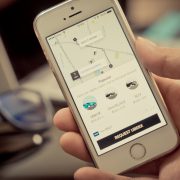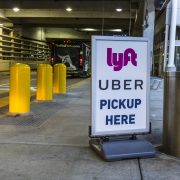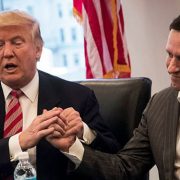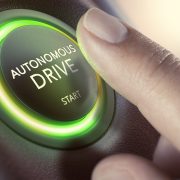When Deborah Tatum’s son Greg was killed by a drunk driver, she was absolutely devastated. “It’s an everyday pain that you live with,” Tatum told a local Austin news outlet.
While still mourning the loss of her 20-year old son, Deborah and the rest of the Tatum family decided they needed to act quickly and do whatever they could to prevent drunk drivers from getting behind the wheel. This is what ultimately led the family to become such avid supporters of the ridesharing industry.
The Tatum family firmly believes that ridesharing services, like Lyft and Uber, save lives by offering options to those who may have had a little too much to drink and are not in a position to drive themselves home. By keeping these potentially deadly drivers off the road, the Tatum family feels as though they are doing their part to protect other families from the suffering they continue to endure.
Greg’s brother, Brian, began driving for Uber shortly after his brother’s passing. “When Brian had the chance to drive for Uber that was his goal. To take as many drunks off the road to save the families from going through what we’re going through,” Tatum said.
However, after the city of Austin passed burdensome regulations on the ridesharing economy in 2016, Uber and Lyft both decided to cease operating within city limits. And in the months after both companies left Austin, driving under the influence (DUI or DWI) arrests spiked according to the Austin Police Department’s own data.
Before Uber came to town in 2014, Austin Police Department’s data showed that the city had an average of 525 drunk driving arrests per month. When these numbers were revisited a year after ridesharing came to Austin, drunk driving arrests had dropped by five percent. This trend continued the following year when the number of drunk driving arrests dropped by an additional 12 percent, bringing the average number of arrests to about 438 per month.
In May of 2016, the same month Uber and Lyft made the decision to leave Austin, the monthly rate of drunk driving incidents was down to an average of 358. However, within the first few months of Uber and Lyft’s absence, the number of DUI arrests increased by 7.5 percent from the previous year. In the month of July alone, the city had 476 drunk driving arrests.
Though many Austin residents, including the Tatum family, predicted these new regulations would result in increased drunk driving arrests, being correct in their assertions has given them no pleasure.
“Nobody wants that phone call. No one wants a knock on the door that says you’re loved one has died from something that can be prevented,” said Tatum.
With the affordability and convenience provided by ridesharing services, it makes it much easier, and safer, for potential drunk drivers to tap their smartphone screens and have a ride come to them within minutes. No longer needing a search for cash or an argument with a cab driver about accepting a credit card, ridesharing has made it so simple to make the right decision after having too many drinks at the bar.
Though the Austin Police Department was hesitant to draw any concrete conclusions from the rise of DUIs in such a short amount of time, they did issue a statement saying the “data set is too limited to draw any conclusions. However, any time we experience an increase in DWI it is cause for concern.”
Luckily, legislation was passed a year later that made Uber and Lyft feel comfortable returning to the city.
Lyft spokesperson Chelsea Harrison issued a statement after the bill passed the Senate saying:
“Ridesharing in Texas took a tremendous step forward today. Thank you to Senator Schwertner and Representative Paddie for defending consumer choice and all the stakeholders who have helped create safer roads and expand reliable, affordable rides for Texans. On behalf of the entire ridesharing community, thank you to all of the legislative champions who have helped guide this bill through the Capitol.”
When governments pass burdensome regulations on businesses it is not just the businesses themselves that suffer. Consumers prosper in a market robust with choice. And in the case of Uber and Lyft, having options also make the roads a safer place for Austin.













